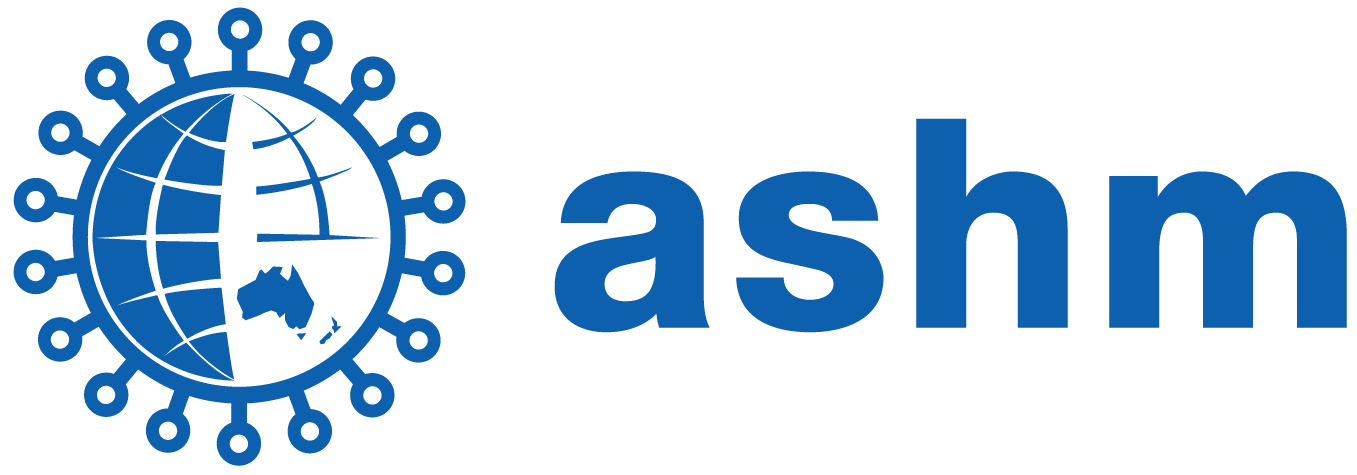
This year Fiji declared an HIV outbreak, while Papua New Guinea is in the midst of a declared HIV ‘crisis’ – and the rest of the region is on alert.
In June, Papua New Guinea declared a National HIV Crisis, with an estimated 30 people contracting HIV daily in 2024. Fiji’s Ministry of Health has also officially declared a national outbreak in response to climbing HIV diagnoses, with 1,583 new HIV cases reported in 2024 (including 32 newborns who acquired HIV via mother-to-child transmission). An average 36% of people living with HIV in Fiji were aware of their HIV status in 2024, and only an average of 24% were receiving treatment, according to UNAIDS estimates.
Eamonn Murphy, Regional Director of UNAIDS Asia Pacific and Eastern Europe Central Asia, said in a press release that “rising new infections in Fiji put the entire Pacific region at risk”.
Access to HIV testing is critical for ensuring people living with HIV are informed of their status, can access treatment for better health outcomes, and ultimately reduce the risk of transmission through U=U and ‘treatment as prevention’ principles.
The Pacific HIV Testing Innovations Workshop, convened over two days in Fiji, brought together 30 representatives from Papua New Guinea, Fiji, Solomon Islands and Vanuatu to engage in cross-country sharing on current HIV testing and prevention efforts in their respective countries, and to collaborate on solutions to increasing equitable access to HIV screening, prevention, and treatment. The workshop also included cross country learning from Australia and The Philippines. The workshop was co-delivered by ASHM and the Fiji Ministry of Health and Medical Services and the HIV Outbreak Response Taskforce
“It was a privilege to be part of the Pacific HIV Testing Workshop, which brought together regional voices and experiences to strengthen our collective HIV response, highlighting both the innovations and the unique challenges we face in the Pacific.”
- Dr Dashika Anshu Balak, Senior Medical officer in-charge of the Suva Sexual and Reproductive Health Clinic at the Fiji Ministry of Health and Medical Services.
Throughout the workshop facilitated by global experts and community representatives, several key areas of opportunity emerged. Point of care testing was of particular interest, with examples of successful point of care testing initiatives in Papua New Guinea and Fiji presented. Thoughtful discussions followed on how point of care testing can be further expanded, with consideration for the cultural contexts, healthcare systems, and resources of each country.
Dr Dashika Anshu Balak, Senior Medical officer in-charge of the Suva Sexual and Reproductive Health Clinic at the Fiji Ministry of Health and Medical Services, said, “The discussions on point-of-care testing were particularly valuable, showcasing how Pacific-led solutions are improving access, early diagnosis, and continuity of care.”
Other key topics covered include community-led testing, HIV self-testing, viral load testing, co-infection testing, and integrating HIV testing into services targeting priority populations, such as antenatal care, tuberculosis services, and services for people who inject drugs.
Across all of the topics discussed, several themes were consistent when it comes to improving HIV testing and treatment, including the need for:
- Active involvement of community services and voices in HIV education, testing and treatment initiatives
- Reduced stigma and discrimination around HIV
- Multi-sectorial collaboration between healthcare systems, community, and government.
- Timely, accessible testing
Throughout both days, participants reiterated the importance of having opportunities such as Pacific HIV Testing Innovations Workshop to share experiences and learn from countries with similar contexts.
“This kind of regional collaboration is key as we strengthen our testing strategies, improve linkage to care, and tailor our responses to better serve our communities, to achieve our shared goals and ensure no one is left behind,” said Dr Balak.
Following the workshop, representatives are returning to their countries inspired with new knowledge, connections and potential collaborations to work towards the elimination of HIV in the region together.
The Pacific HIV Testing Innovations Workshop was funded by an unconditional grant from Abbott.

